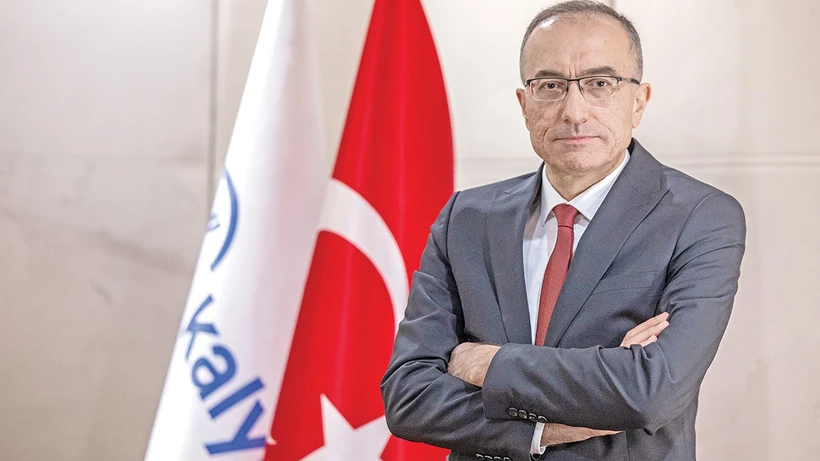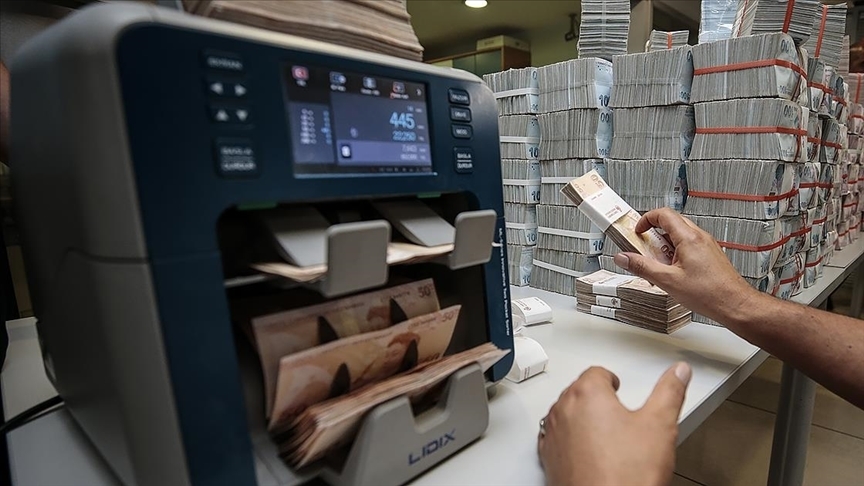
Public Spending Reform: A Critical Roadmap for Turkey’s Economic Future
İçindekiler
The Turkish economy has faced increasing uncertainties, high inflation, and external economic pressures in recent years. Implementing effective reforms has become a necessity in the fight against these challenges. During the “Turkey’s Economy in 2025” conference held on January 17, 2025, TÜSİAD Chairman Orhan Turan emphasized the critical role that public spending reforms play in this process. Turan outlined three fundamental steps that form the backbone of these reforms, providing a concrete framework for Turkey to achieve sustainable growth and economic stability.

Examples of successful public spending reforms in other countries can serve as a benchmark for Turkey. For instance, countries like Sweden and Norway have implemented effective public spending policies that ensure the efficient allocation of resources, resulting in high levels of social welfare and economic stability. By studying these models, Turkey can adopt best practices that align with its unique economic landscape.
1. Reducing Unnecessary Public Expenditures
The effective use of public spending is vital for achieving economic stability. Orhan Turan stated that significant savings need to be made from unnecessary expenditures to manage the state budget efficiently. This step will not only reduce budget deficits but also allow resources to be redirected to more strategic areas.
Ending projects that do not contribute to the economy and preventing wasteful spending are essential for strengthening fiscal discipline. These savings can be redirected to sectors that directly impact societal welfare, such as education, health, and infrastructure. This way, the limited resources of the public can be used more effectively, providing long-term benefits. Additionally, the effective allocation of resources can open the doors for private sector investments, thereby supporting growth.
2. Investments Focused on Education, Technology, and Production
Education and technology are among the key elements that enhance a country’s competitiveness in development processes. Directing public spending to these areas is critical for the sustainability of economic growth. Orhan Turan highlighted the importance of training a qualified workforce and restructuring production through technology investments.
Strengthening the education system will enable Turkey to close its long-term skilled labor gap. At the same time, investments in technology will offer innovative solutions in the industrial and service sectors, increasing global competitiveness. Modernizing production and focusing on high-value-added products can boost export volumes and enhance foreign currency inflows, making Turkey’s economic structure more resilient.
3. Social State Responsibility and Transparency
Economic development should be measured not only by growth rates but also by the increase in the level of social welfare. Strengthening the understanding of a social state plays a decisive role in improving citizens’ quality of life. Orhan Turan expressed that managing public spending in a transparent and fair manner is key to this process.
Timely and effective delivery of social assistance to those in need can help reduce inequalities in income distribution. Furthermore, transparency in public spending will increase citizens’ trust in the government. Transparency is also a powerful tool in combating the informal economy. Having public resources openly accountable will enhance the effectiveness of fiscal policy and strengthen social trust.
The Role of Public Spending Reforms in Combating Inflation
Inflation is one of the structural problems that the Turkish economy has been struggling with for a long time. Public spending reforms emerge as a critical tool in the fight against inflation. Particularly, rationalizing expenditures and preventing unnecessary budget deficits can contribute to the effective operation of fiscal policy in harmony with monetary policies.
Fiscal policies supported by structural reforms can enhance investor confidence, attracting more capital to the country. Additionally, efficient utilization of public spending will help balance domestic demand and achieve price stability. In this process, fighting the informal economy and properly taxing revenues are also among the factors that will strengthen economic stability.
Furthermore, public engagement in the budgeting process can enhance transparency and accountability. Initiatives that allow citizens to participate in discussions about public spending priorities can lead to more informed decision-making and foster trust between the government and its citizens. This participatory approach not only improves policy outcomes but also encourages civic responsibility among the populace.
A Roadmap for Turkey
Orhan Turan’s proposals regarding public spending reforms shed light on the future of the Turkish economy. These reforms will not only improve the state’s financial structure but also offer a fairer level of welfare to all segments of society. Investments in areas such as education, technology, and social policies are key elements for Turkey to reach its economic development goals. For instance, targeted investments in renewable energy technologies could not only drive growth but also create sustainable job opportunities.
At this point, it is the responsibility of policymakers to take concrete steps by considering Orhan Turan’s recommendations. Reducing unnecessary public spending, increasing investments focused on education and technology, and strengthening the social state understanding provide a fundamental framework for Turkey to achieve its sustainable growth targets. The implementation of these reforms will elevate the quality of life for citizens and enable Turkey to attain a stronger position in the global economy. Moreover, fostering partnerships with international organizations can enhance Turkey’s capacity to implement these reforms effectively, ensuring a more robust economic landscape in the future.

